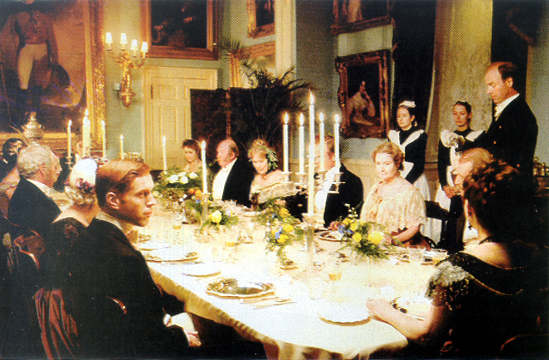Note: If you wish to receive, via e-mail, (1) my weekly newsletter or (2) daily copies of these posts, notify me at [email protected] and indicate which you would like. I promise not to share your e-mail address with anyone. To unsubscribe, send me a follow-up email.
Thursday
When we visited Dublin in April, Julia and I decided at one point that we’d like to experience traditional Irish fare and found Flanagan’s Bar and Restaurant on O’Connell Street. There we were served a hefty lamp shank with mashed potatoes, root vegetables, and plenty of gravy. It was a dinner that reminded me of those my mother used to cook in my childhood (I was born in 1951) and that I also encountered when I visited my grandmothers, both of whom were of English extraction (one a Jackson, one a Fulcher). The eating experience, in other words, carried me into my past.
Just one of these heavy meals was more than enough, however. Much as I love lamb, we didn’t repeat the experience.
I encountered the same nostalgia, and the same feeling of heaviness, in John Galsworthy’s description in Man of Property of what the Forsytes eat. The “crowning point of a Forsyte feast,” we are told, is “the saddle of mutton” (the quotation marks, which are the author’s, serve to elevate the dish). Warning: just reading the passage is enough to raise one’s cholesterol level or bring on a case of the gout. Here it is:
No Forsyte has given a dinner without providing a saddle of mutton. There is something in its succulent solidity which makes it suitable to people “of a certain position.” It is nourishing and tasty; the sort of thing a man remembers eating. It has a past and a future, like a deposit paid into a bank; and it is something that can be argued about.
The “saddle of mutton” serves a double purpose, functioning also as something to talk about:
Each branch of the family tenaciously held to a particular locality—old Jolyon swearing by Dartmoor, James by Welsh, Swithin by Southdown, Nicholas maintaining that people might sneer, but there was nothing like New Zealand! As for Roger, the “original” of the brothers, he had been obliged to invent a locality of his own, and with an ingenuity worthy of a man who had devised a new profession for his sons, he had discovered a shop where they sold German; on being remonstrated with, he had proved his point by producing a butcher’s bill, which showed that he paid more than any of the others.
The author reflects on the class significance of the dish:
To anyone interested psychologically in Forsytes, this great saddle-of-mutton trait is of prime importance; not only does it illustrate their tenacity, both collectively and as individuals, but it marks them as belonging in fiber and instincts to that great class which believes in nourishment and flavor, and yields to no sentimental craving for beauty.
Those of us who prefer lighter meals will sympathize with the younger Forsyte members, who the authors tells us
would have done without a joint altogether, preferring guinea-fowl, or lobster salad—something which appealed to the imagination, and had less nourishment—but these were females; or, if not, had been corrupted by their wives, or by mothers, who having been forced to eat saddle of mutton throughout their married lives, had passed a secret hostility towards it into the fiber of their sons.
After the Forsyte elders have finished with the saddle of mutton, they proceed on to a Tewkesbury ham. Add in all the sherry, port, champagne and wine that gets drunk and the cigars and cigarettes that get smoked and you wonder how anyone in that class and era survived past middle age.
Not that we had any alcohol or smoking in my grandmother Bates’s house, her family having moved to Evanston because it housed the headquarters of the Women’s Christian Temperance Union. But heavy, well-done meat dishes with lots of gravy, potatoes, and mushy peas—yes, I remember those dinners well.
